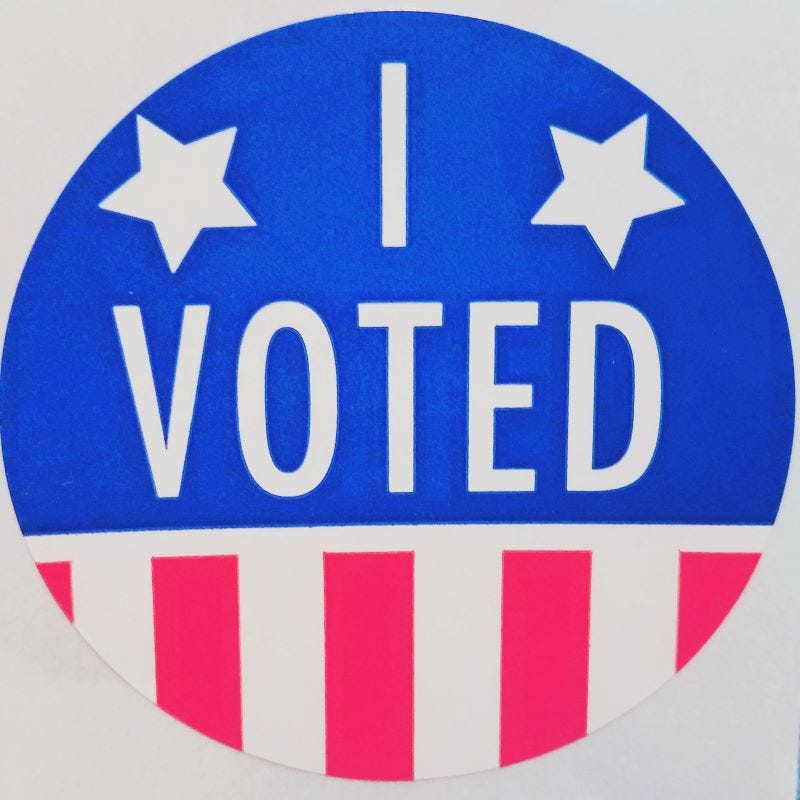Voters may be right to get bored
On British elections, self-determination, and why periodic waves of anti-incumbency can be a healthy check on power
After controlling the government there for 14 years, the UK's Conservative Party has been stomped by its rival, the Labour Party, in the election of a new Parliament. It's the kind of hard turn away from the status quo that the Conservatives will undoubtedly have to undergo some kind of process of reflection -- probably one involving a "post-mortem" report to "chart a new course forward", or something similar.
■ The people of every country are entitled to self-determination; it isn't for outsiders looking in to decide what government is right or wrong for them to freely elect. (Unfree states may be a different matter entirely.) But we can certainly look at them with interest, and perhaps take lessons from them.
■ A lesson worth taking from the British election is that voters are prone to bouts of restlessness. It doesn't seem likely that the fundamental philosophical expectations of the British people changed in a landslide -- public opinion can and often does change rapidly on particular issues, but people's basic temperamental expectations of their leaders do so far less often.
■ That restlessness is probably, on balance, a good check on power. If free people can be reliably counted upon to just want change for its own sake from time to time, that not only helps to discourage abuses of power but also to encourage periodic waves of reform, both within parties and across aisles.
■ It often requires some real sclerosis for a party to take the kind of beating that British voters just gave the Conservatives, but the basic mechanism of voter restlessness is useful in any democracy for placing a check on power, even when that power is exercised well.



